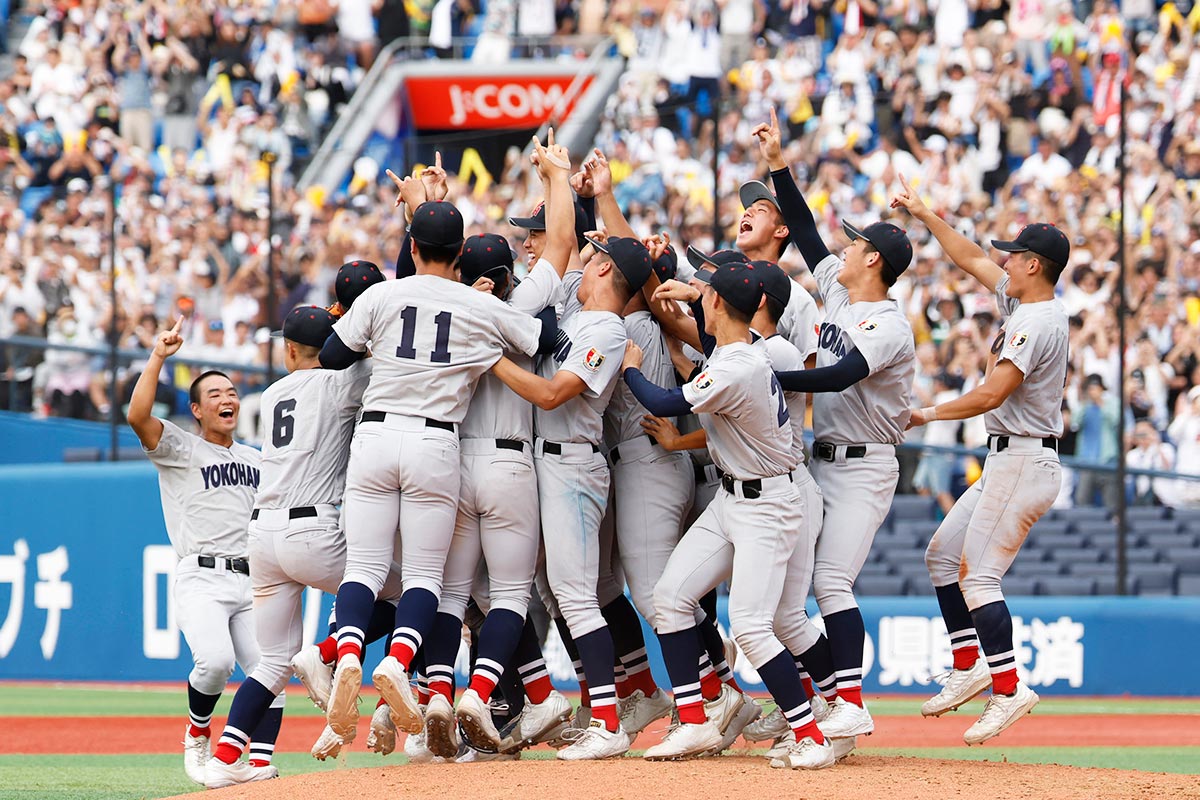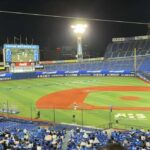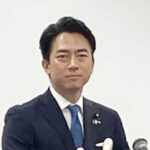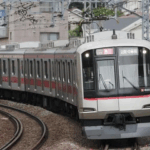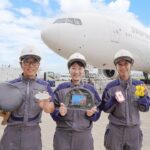The 107th National High School Baseball Championship opened on the 5th at Koshien Stadium in Nishinomiya City, Hyogo Prefecture. Yokohama, representing Kanagawa, will face Tsuruga Kehi (Fukui) in their first match on the third day of the tournament (7th). Having won the Meiji Jingu Tournament last fall and the Spring Selection Tournament, Yokohama aims for their second consecutive spring-summer Koshien championship since the “Matsuzaka generation” in 1998. The summer begins for this prestigious team, which overcame fierce competition in Kanagawa through comebacks, as they pursue this historic achievement.
From champions to monsters.
The team, which triumphed in the fall and spring, approached the Kanagawa tournament with the mindset that “true greatness is proven in summer.” They struggled against rivals in Kanagawa but managed to reach the top with three consecutive comeback wins from the quarterfinals onward.
Why did they struggle so much? Because the team aimed to play a different style of baseball than in spring. Despite having two aces—left-handed pitcher Rai Okumura and right-handed pitcher Oda, who throws over 150 km/h—they didn’t rely solely on them. They utilized their deep pitching staff generously, with Yamawaki and Maeda’s bullpen containing the Tokaidai Sagami lineup in the finals.
Offensively, alongside key players Abe Yo and Rai Okumura, second-year players like Ono and Ikeda stepped up. Oda’s batting also improved rapidly, making the lineup dangerous from top to bottom.
Manager Hiroaki Murata (39) nodded in approval, saying, “Everyone came together, never gave up, and turned things around at the last moment. This is exactly the kind of victory we’ve been striving for.” It’s unclear who the hero will be—that’s the essence of the “team baseball” Yokohama has pursued this summer.
When they achieved back-to-back spring-summer championships in 1998, ace pitcher Daisuke Matsuzaka was called the “Monster of the Heisei Era.” This year’s team has its own potential monsters, like Oda, who draws comparisons to Matsuzaka, power-hitter Rai Okumura, and outfielder Abe Yo, a generational talent. Freshman left-handed pitcher Kobayashi might also make his Koshien debut.
If they secure their second consecutive spring-summer title, they’ll become only the second school in history to do so. High school baseball has evolved, with pitcher rotations becoming standard. If Yokohama succeeds, they’ll surely be called the “Monster Team of the Reiwa Era.”
Abe Yo, unusually named captain as a sophomore at this prestigious school, sensed a troubling atmosphere before the Kanagawa tournament, where they had been undefeated in the prefecture. “Maybe it was overconfidence. The practice vibe was lax, and there were too many factors that could lead to defeat.”
This premonition came true in the quarterfinals against Hiratsuka Gakuen. They allowed a four-run lead early, facing what could be called their first real adversity.
It was the captain’s bat that saved them. Trailing by one in the ninth with two outs and runners on second and third, he hit a walk-off two-run double to right field. In a close game—let alone a single-elimination tournament—even a powerhouse like Yokohama can face unexpected challenges. “It felt like we were going to lose. That moment woke everyone up. We won, but we still had to reflect,” said Abe Yo. It was a moment that showcased the undeniable presence of their dependable No. 8.
“I want you to value words.” With this wish from his parents, the young man named “Yota” has guided the team not just through his play but also through his words, even if it means being disliked. Manager Hiroaki Murata (39) remarked, “Lately, he’s been saying better things than I do.”
“It’s like a journey. I want to make every play count toward victory and ultimately reach our goal,” said Abe Yo. With the leadership he’s cultivated over time, he aims to

